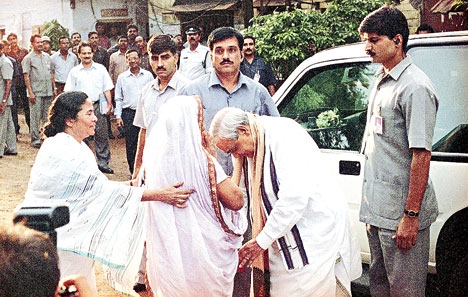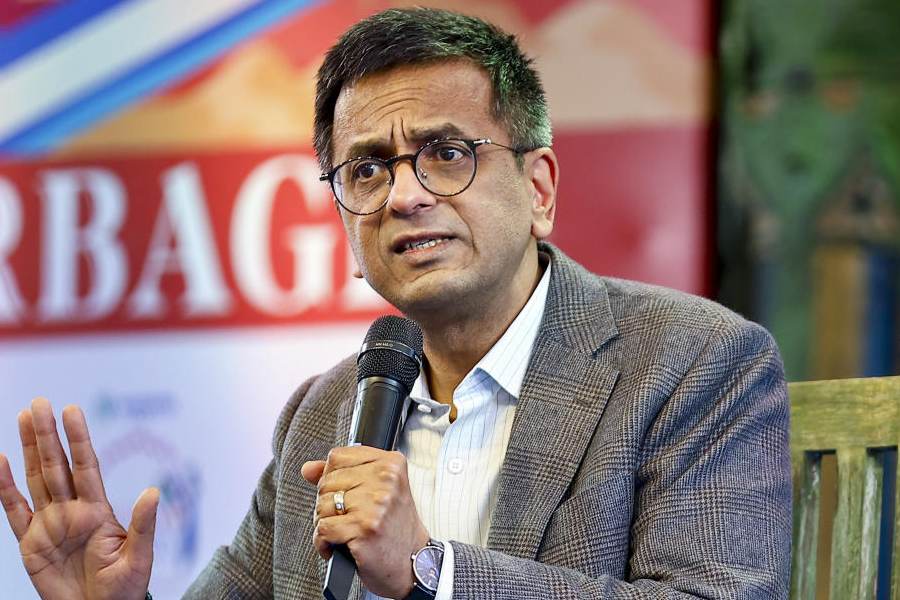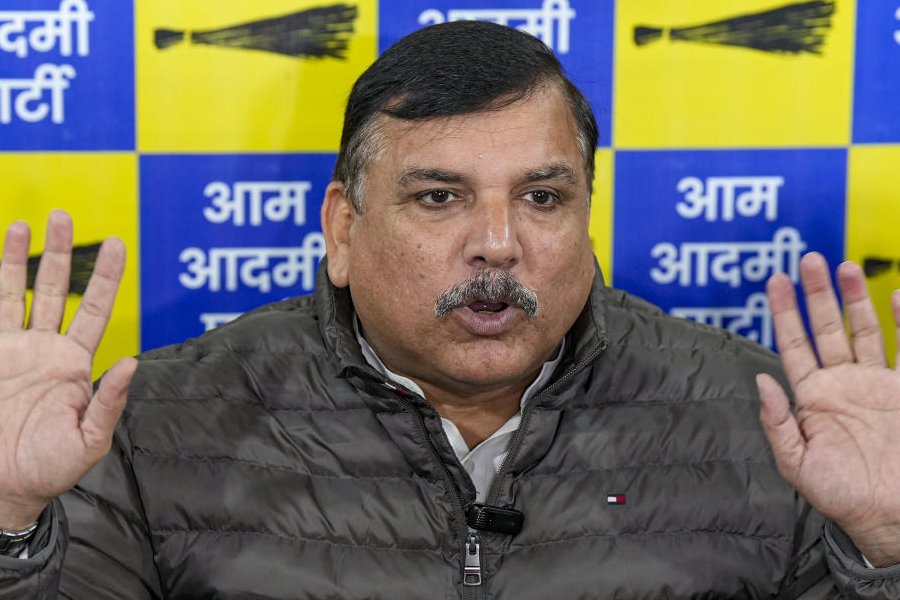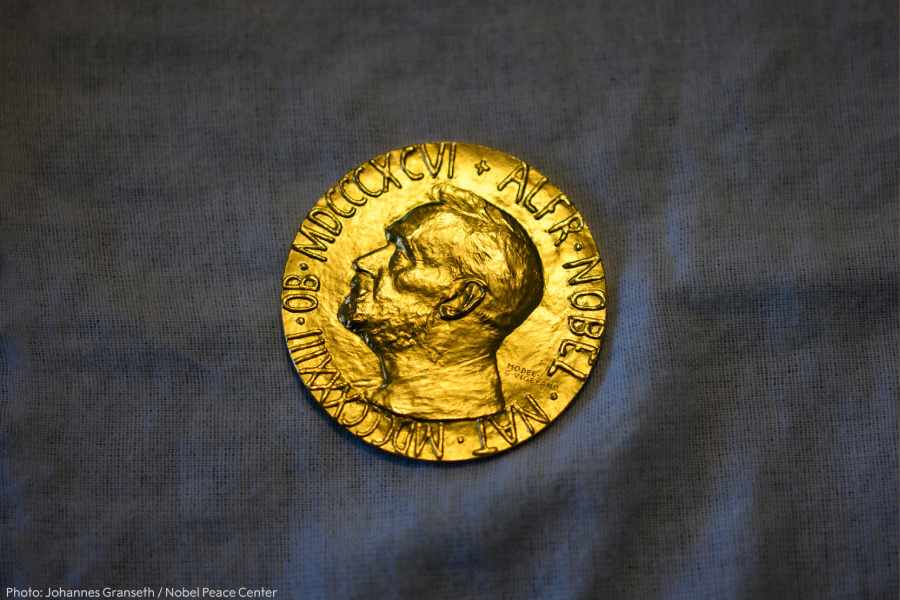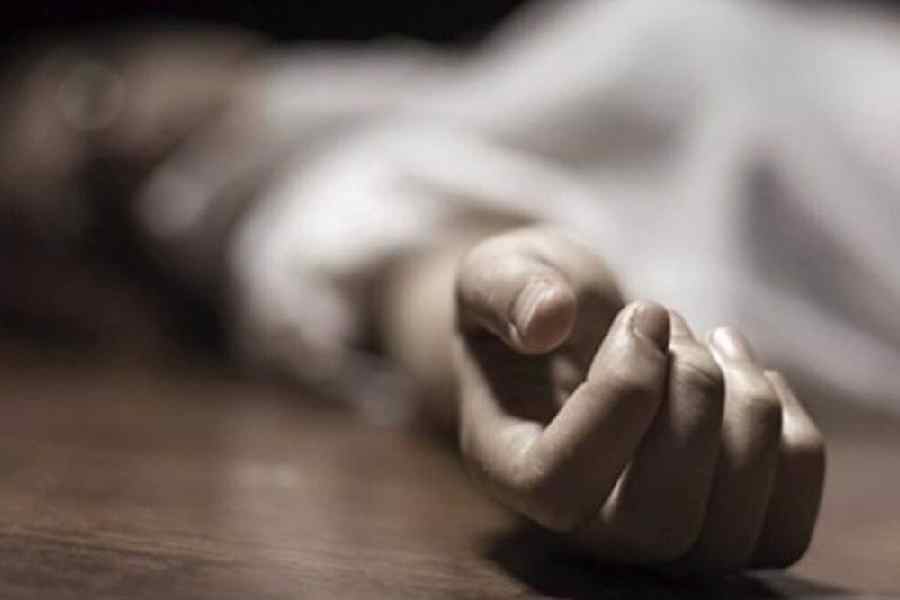
Calcutta: The soothsayer who got things right about Bengal politics passed away on Thursday, handing a potent weapon to the person he had predicted about two decades ago.
It was February 1998 and the stage was set for a do-or-die battle between the BJP and the CPM. Atal Bihari Vajpayee was the star campaigner for BJP nominee Tapan Sikdar from Dum Dum Lok Sabha constituency and the rally at the Central Jail grounds paved the way for an electoral upset that saw the red bastion under CPM stalwart Nirmal Chatterjee crumble under a saffron surge.
For Indian politics, the significance of the rally lasted 13 months as Vajpayee's government fell in April 1999.
But 13 years after that afternoon, Vajpayee's prediction about Bengal came true. "If there is anyone who can bring an end to the communist rule in Bengal, it is Mamata Banerjee," Vajpayee had said, with the characteristic flick of his fingers.
In that Lok Sabha election, the BJP and Trinamul, a fledgling force in the state, fought together and won eight seats from Bengal.
The association between the two parties lasted till the summer of 2006 - barring some phases of disengagement as Trinamul fought the 2001 Assembly polls in an alliance with the Congress - but the relationship between the two leaders survived both the test of time and the pulls and pressures of politics.
"Very very saddened that the great statesman and former PM Shri Atal Bihari Vajpayee ji is no more with us. His passing away is a very big loss to our nation. I will always cherish the many fond memories," Mamata tweeted, minutes after Vajpayee's death was formally announced.
The Bengal chief minister had taken a flight to Delhi on Thursday afternoon after she learnt on Wednesday night that the three-time Prime Minister was critical. Sources close to Mamata said she had got in touch with Vajpayee's family on Wednesday night itself.
Mamata has for years shared a bonding with his foster daughter Namita Bhattacharya and her husband Ranjan. "She met both of them earlier this month when she visited AIIMS to inquire about Atalji's health during her trip to Delhi. She would speak to them in Bengali," said a source close to Mamata.
The family-level bonding had started in July 2000 when Vajpayee, who was the Prime Minister then, visited Mamata's 30B Harish Chatterjee Road home and met her mother Gayatri Devi.
Trinamul MP Sudip Bandyopadhyay recounted that the former Prime Minister mingled freely with Mamata's family members, including now Diamond Harbour MP Abhishek, who was a kid then.
"Atalji touched the feet of Mamata's mother and said politicians like her were rare and 10 such politicians were enough to change the political landscape of the country," Bandyopadhyay told The Telegraph.
"There was a special relationship between Mamata and Atalji."

The bonding between the two politicians - both shared a common passion for poetry -- got the first taste of political compulsions when Mamata, ahead of the 2001 Assembly polls, resigned as rail minister from the National Democratic Alliance following the Tehelka tape exposé in March 2001.
Vajpayee had sent his emissary Sudheendra Kulkarni to Mamata. But the Bengal leader, who insisted that defence minister George Fernandes be removed as the sting had exposed corruption in defence purchases, stuck to her guns.
Sources close to Mamata recalled that the only factor that bothered her then was how Vajpayee would react to her decision.
On March 15, 2001, the day she resigned from the cabinet, Mamata described Vajpayee as "the leader of the nation".
The Trinamul resolution that was sent to Vajpayee had even mentioned that Mamata, along with party colleague Ajit Panja, were resigning to "strengthen the hands of the Prime Minister".
Mamata's fondness for Vajpayee, however, did not prevent her from stitching together an alliance with her old party ahead of the 2001 Assembly elections that saw Trinamul end up with a tally of 60 seats. The dalliance with the Congress didn't last long and Mamata was back in the BJP fold soon. She also found a berth in the cabinet as Union coal minister.
"Then BJP state president Tapan Sikdar opposed her inclusion in the cabinet, even (L.K.) Advaniji was against it. But Vajpayeeji wanted her," a BJP source recalled.
The 2004 Lok Sabha elections dealt a blow to the BJP's India Shining campaign. Mamata suffered collateral damage, with Trinamul getting reduced to a one-MP party in Parliament.
The BJP association, however, continued till the 2006 Assembly polls, where Trinamul ended with a tally of 29. After hitting the trough, Mamata started charting a new course for herself.
"With Atalji slowly moving away from active politics, it was easy for her to distance herself from the BJP camp and then slowly turn into an anti-BJP force," a political scientist explained.
Mamata said on Thursday before leaving for Delhi: "The pattern of Atalji's work was quite different from the manner the current BJP government functions. There is no similarity."
This "difference" between the BJP of Vajpayee and the BJP of Narendra Modi is likely to resonate across the political spectrum - once the seven-day mourning is over - as the country heads towards next year's general election, with Mamata aspiring to be at the centre of an anti-Modi front.
"In her battle against Modi, she will use the narrative of how the good BJP of Vajpayee has degenerated in today's bad BJP under Modi. She will use it to the fullest," said a source.
Emerging from Vajpayee's Krishna Menon Marg home on Thursday evening, Mamata said: "After the 2016 Assembly elections, I had gone to meet him in Delhi; Atalji was in a state of paralysis. He wanted to tell me something but could not and only teardrops rolled out.... I felt very sad seeing that he was not able to express himself in words.... I have come to pay my last respects to him."

